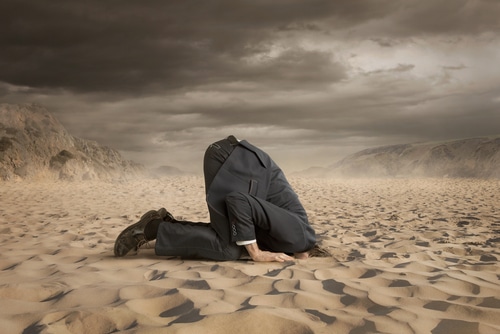In the previous post I said, “As people proceed in therapy and in life, they begin to gradually understand this mistaken identity of bad or wrong.” They gradually experience how they became taken in by a false belief of themselves, whether it came down through the parents, school, the church, or any other puritanical point of view. One way or another we have learned to judge ourselves and others very rigidly. I have noticed that people in therapy are fundamentally asking what is right and what is wrong? Am I bad for feeling this way? Am I crazy? Usually, my answer is the same, “Given what you learned, how could you know otherwise.”
Negative Arrogance
 As people uncover their attitudes about shame, they generally uncover a kind of negative arrogance. For example, “I am so worthless”. It is the opposite of saying, “I am so special”. It is still an inflation of “me”. It is blown up way too big. Nobody is that worthless or that special. The confusion about worthless/special is very important because everyone has felt the pain of worthlessness and the desire to be seen as special. It is fundamental because we are made to attach, we need to be valued by another, loved by another. That is what children do and then as adults, hopefully, we learn the balance of attachment and non-attachment. We are attached to the people we love and we can allow them their own individuality.
As people uncover their attitudes about shame, they generally uncover a kind of negative arrogance. For example, “I am so worthless”. It is the opposite of saying, “I am so special”. It is still an inflation of “me”. It is blown up way too big. Nobody is that worthless or that special. The confusion about worthless/special is very important because everyone has felt the pain of worthlessness and the desire to be seen as special. It is fundamental because we are made to attach, we need to be valued by another, loved by another. That is what children do and then as adults, hopefully, we learn the balance of attachment and non-attachment. We are attached to the people we love and we can allow them their own individuality.
Defensiveness is a good indicator that shame is operating unconsciously. Such as, being overly sensitive to peoples’ judgements, real or imaginary. The ego self is very fragile so it needs to cling to something for security. Some people cling to “I am so great”. In the case of shame the ego clings to wrongness, badness, worthlessness. Have you ever tried to convince a friend that they are good, fine, and pretty good looking when they are in the throws of guilt and shame? “That’s all I got so don’t take it away from me.” This is a natural consequence when someone has been rejected, blamed, or neglected. People have varying degrees of this situation. It’s in the drinking water, a cultural social dis-ease. The teachings surrounding emotion and thought have been very naive in our cultural. We tend to see things through our fear and judgement. Black or white. As one begins to learn something about this problem, color appears inside; life is way more complex and way more simple than previously felt or thought.
Healthy Shame
To conclude, there is healthy sadness in grief, there is healthy anger when your disappointed, so, “Is there healthy shame?” I have seen in my clients as well as myself, that healthy shame is a sense of decency. The Dalai Lama describes it well: “If we find we cannot help another, the least we can do is to desist from harming them. We must not cheat others or lie to them. We must be honest human beings, sincere human beings.” Answers: Discussions with Western Buddhists, page 36.
